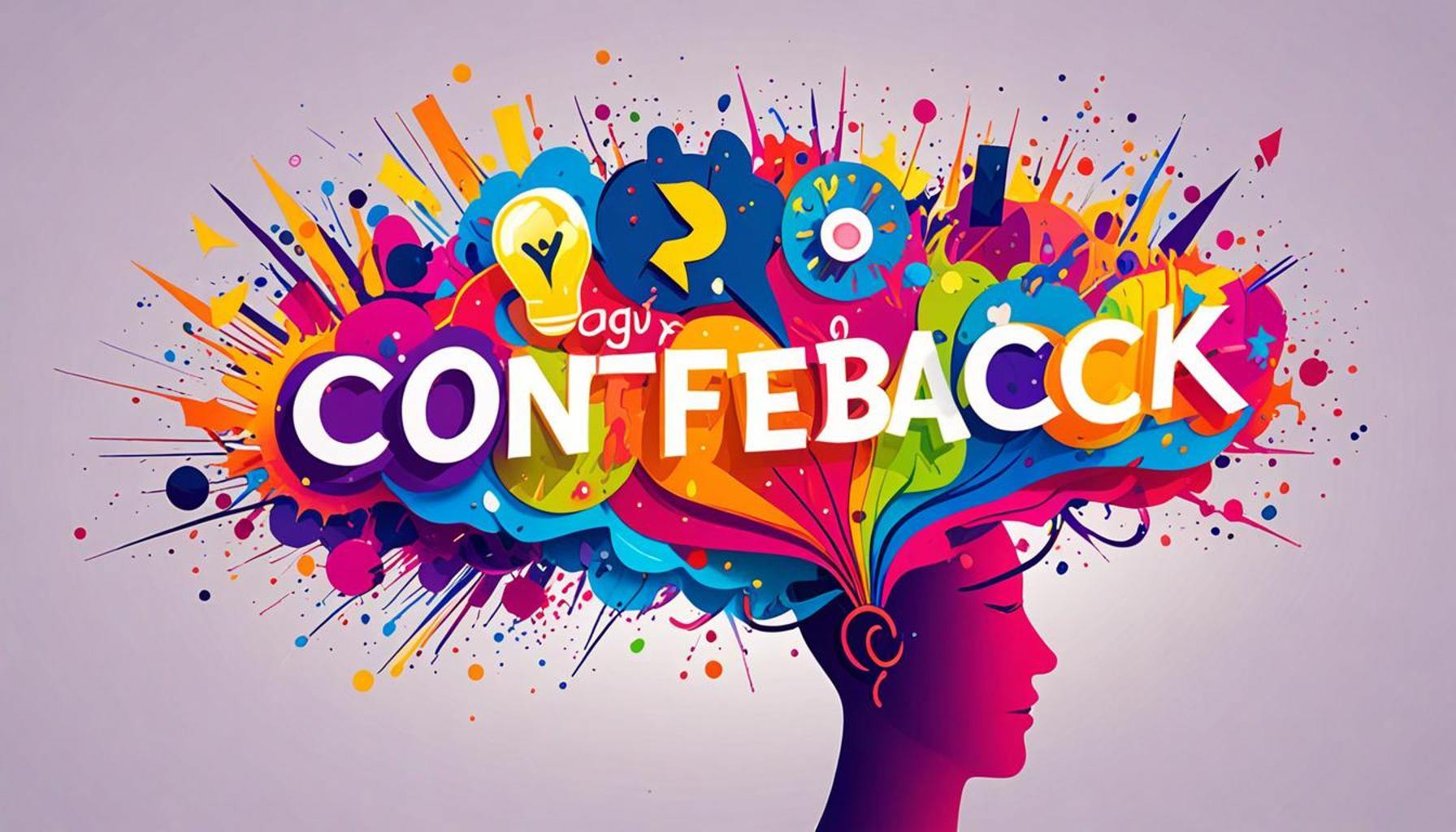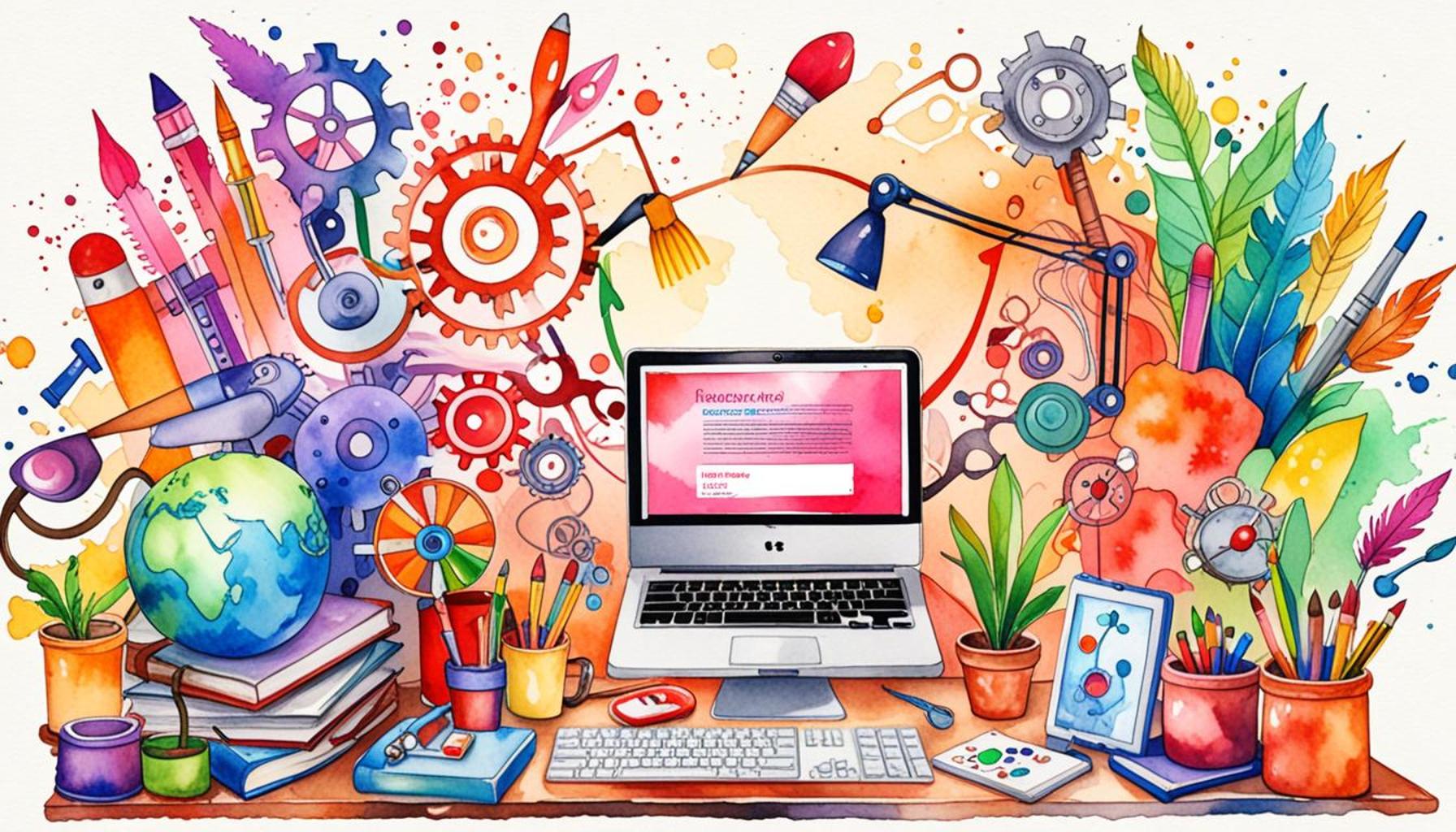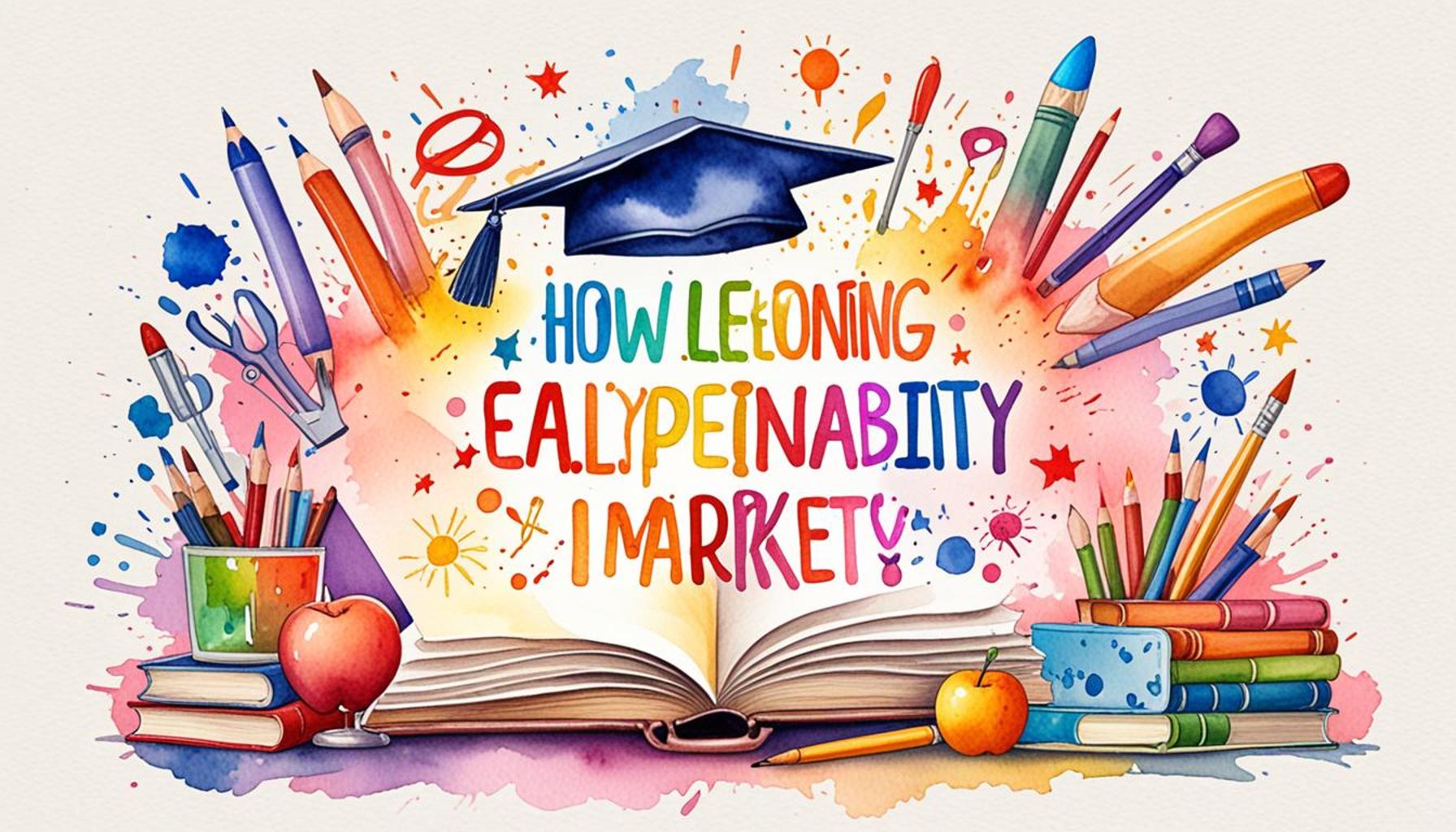The Importance of Continuous Learning for Personal Development in a Changing World
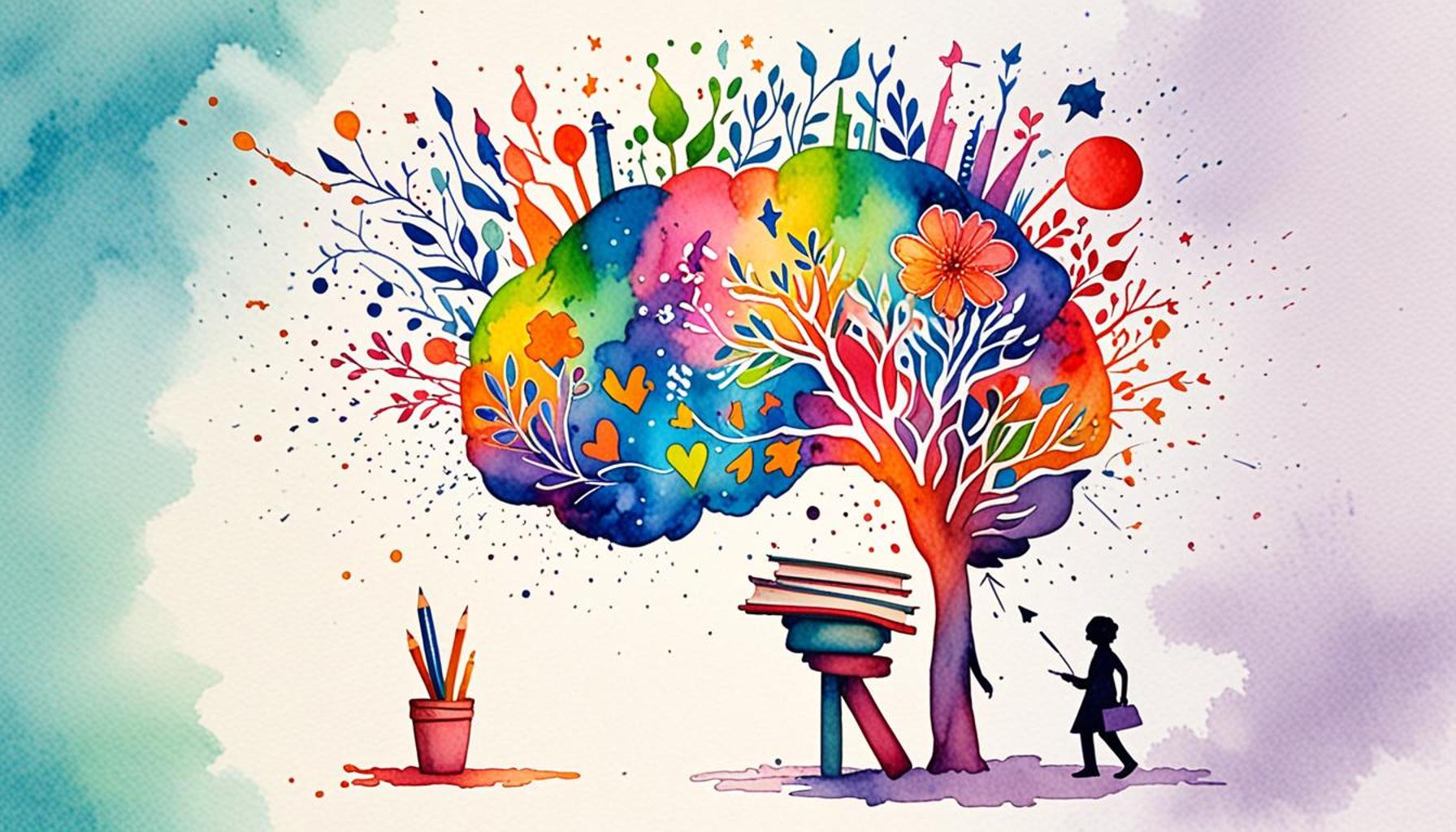
Understanding Continuous Learning
In today’s fast-paced society, the ability to adapt is more crucial than ever. Continuous learning is not just an option; it’s a necessity for personal development in a world that is constantly evolving. The landscape of education, economy, and technology shifts rapidly, shaping our skill sets and career opportunities. This evolution underscores the importance of staying informed and adaptable through education and skill enhancement.
Why Is Continuous Learning Essential?
Consider the following reasons for embracing a culture of lifelong learning:
- Career Advancement: Staying updated enhances your prospects in a competitive job market. For instance, professionals who regularly update their knowledge and skills are more likely to be promoted or retained during layoffs. E-learning platforms like Coursera and Udemy offer many courses tailored to various career paths, providing an edge in advancement.
- Innovation: Acquiring new skills fosters creativity and innovation, allowing individuals to contribute meaningfully. In fields like technology, for example, learning about emerging trends like artificial intelligence or blockchain can open doors to innovative projects that drive business transformation.
- Resilience: Continuous learning equips you to navigate unexpected challenges effectively. Those who engage in regular learning are often better prepared to pivot in their careers or recover from setbacks, making them more resilient in times of change.
- Networking: Engaging in learning environments offers opportunities to connect with like-minded individuals. Classes, workshops, and seminars are ideal for meeting professionals from different backgrounds, fostering collaborations and potential partnerships that can lead to new career opportunities.
Local Relevance in Nigeria
In Nigeria, the demand for skilled professionals in technology, healthcare, and agriculture highlights the importance of upskilling. With the rise of digital platforms, resources for learning are more accessible than ever. The online educational landscape has exploded, with initiatives such as the Nigerian Communications Commission (NCC) providing platforms for online learning.
- Online courses are proliferating, thanks to platforms catering specifically to the Nigerian audience. Institutions like Andela and Decagon are making it easier for young Nigerians to gain essential tech skills.
- Community workshops are thriving across various localities, with organizations promoting skills training in areas like coding, business management, and even artisanal crafts.
- Learning apps are becoming commonplace, with Nigerian developers creating tailored solutions to meet the unique needs of local learners, covering everything from language acquisition to financial literacy.
As change becomes the only constant, investing in your growth through continuous learning is the most effective way to thrive. The world is evolving, and those who remain static risk being left behind. Join the journey of knowledge and discover how it can transform your life, opening doors to new opportunities and enriching your professional and personal experiences.
LEARN MORE: This related article may interest you
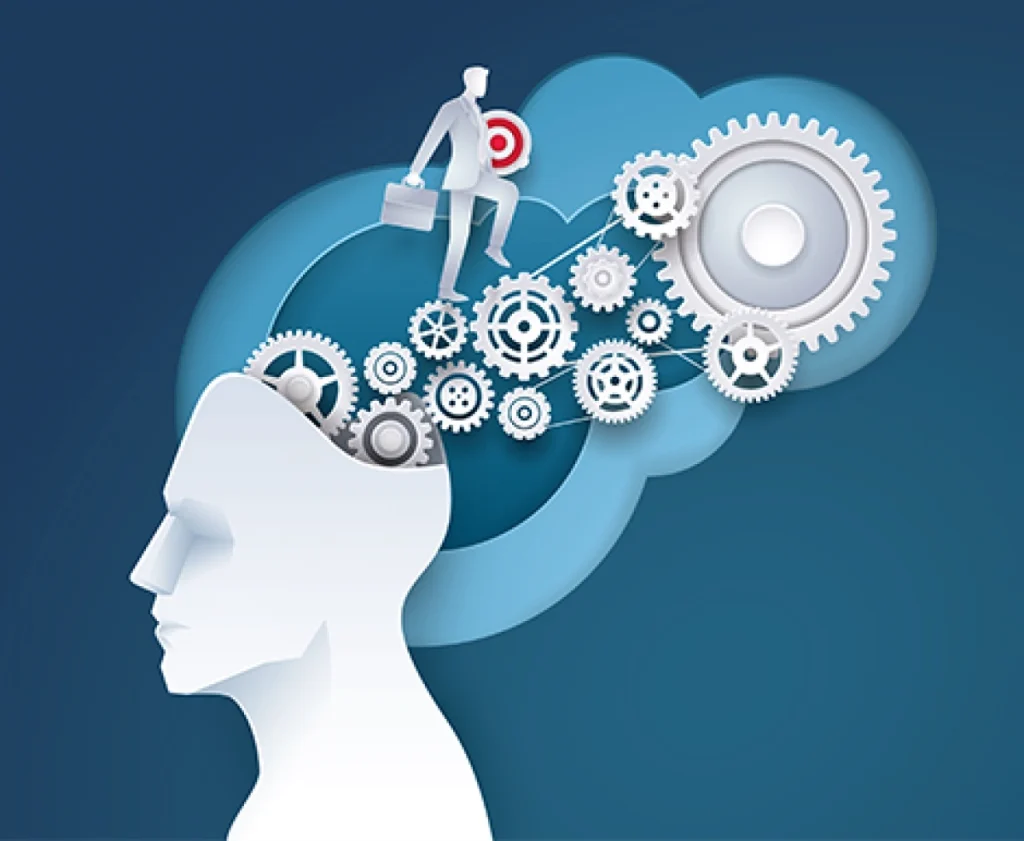
The Benefits of Engaging in Continuous Learning
One of the most profound benefits of continuous learning is its direct impact on personal and professional growth. In an era where information doubles at a dizzying pace, those who actively seek knowledge find themselves at a significant advantage. Continuous learning is not merely about acquiring new qualifications; it encompasses a mindset that prioritizes curiosity and adaptation. This mindset fosters resilience, allowing individuals to weather the storms of uncertainty that accompany rapid change.
Enhancing Skill Sets
The necessity for new skills is clear, especially in an ever-transforming job market. The automation of processes and the rise of artificial intelligence are reshaping career landscapes worldwide, including in Nigeria. For instance, industries like telecommunications are witnessing a surge in demand for professionals versed in cybersecurity and data analytics. Recognizing these trends and upskilling accordingly can dramatically increase one’s employability. Here are key skills that are increasingly relevant:
- Digital Literacy: As online transactions and communication become the norm, proficiency in digital tools is essential. Learning platforms such as Andela provide training in software development and digital marketing tailored to local needs.
- Critical Thinking: The ability to assess information critically is invaluable. Workshops focusing on analytical skills prepare individuals to make informed decisions, which is crucial in navigating the complexities of modern business.
- Soft Skills: Leadership, teamwork, and interpersonal communication skills are increasingly sought after by employers. Engaging in community outreach or volunteer programs enhances these abilities, making candidates more attractive in job interviews.
Navigating Career Changes
In Nigeria, where the economic situation can fluctuate, job security is often a concern. Continuous learning provides a buffer against unforeseen job market challenges. For example, professionals who take proactive steps to learn about emerging sectors, such as renewable energy or fintech, can position themselves strategically for new opportunities. This adaptability is not just advantageous; it can be life-changing in times of economic strife.
Cultivating a Lifelong Learning Mindset
Incorporating a mindset of continuous learning can transform an individual’s approach to challenges and opportunities alike. This way of thinking encourages curiosity and innovation, inspiring individuals to pursue knowledge not only for career advancement but also for personal fulfillment. Reading widely, attending workshops, and engaging in discussions on platforms like LinkedIn can ignite this passion for learning.
Ultimately, the importance of continuous learning extends far beyond personal gain. It embodies a commitment to self-improvement and the realization that knowledge is a lifelong journey. As we embrace an uncertain future, fostering a habit of learning equips us to thrive in personal and professional realms, ensuring we remain relevant and engaged in an ever-changing world.
The Importance of Continuous Learning for Personal Development in a Changing World
As we navigate through an increasingly dynamic and unpredictable landscape, the ability to adapt and evolve remains paramount. Continuous learning emerges as a cornerstone for personal development, empowering individuals to remain relevant in their fields, enhance their skill sets, and seize new opportunities. In this context, the prospect of learning is not merely an academic pursuit; it transforms into a survival strategy in both personal and professional dimensions.One of the most compelling benefits of continuous learning is its capacity to foster resilience. In a world characterized by rapid technological advancements and shifting job markets, individuals equipped with a diverse learning base can better handle transitions. This resilience boosts confidence and encourages a proactive approach to challenges, enhancing one’s adaptability in facing unforeseen circumstances.Moreover, continuous learning cultivates innovation. Engaging with new ideas, methodologies, and insights leads to creative problem-solving and the possibility of developing unique solutions. As individuals expand their knowledge, they also broaden their perspectives, which fuels collaboration and teamwork. This collaborative environment is crucial in workplaces where complex challenges require diverse skill sets and approaches.The role of frameworks like online courses, workshops, seminars, and peer learning cannot be overstated. These resources facilitate continuous learning, making it more accessible than ever. They encourage individuals to cultivate habits of inquiry and exploration, promoting a culture where learning becomes an integral part of life rather than a confined activity relegated to formal education.In summary, the relevance of continuous learning is amplified in today’s world, where change is the only constant. Embracing this mindset not only augments personal growth but also positions individuals to contribute value in their communities and workplaces, thereby enhancing overall societal progress.
| Advantages of Continuous Learning | Impact on Personal Development |
|---|---|
| Enhanced Skill Sets | Broadens career opportunities and increases employability. |
| Increased Resilience | Develops the ability to adapt to change and overcome challenges. |
| Networking Opportunities | Facilitates connections with peers and industry experts, enhancing collaborative efforts. |
| Fostering Innovation | Encourages creative thinking and the exploration of new ideas. |
SEE ALSO: Click here to read another article
Adapting to Global Trends Through Continuous Learning
As globalization tightens its grip on economies worldwide, understanding international trends becomes increasingly vital. Continuous learning provides individuals with the tools to not only recognize but also leverage these trends in their personal and professional lives. For example, emerging topics like climate change and sustainable practices present new opportunities for innovative thinkers in Nigeria. Adapting learning initiatives around global challenges fosters a generation that can contribute solutions rather than simply responding to issues.
The Role of Technology in Learning
In today’s digital age, technology plays a paramount role in facilitating continuous learning. E-learning can offer immense flexibility for busy professionals looking to enhance their skills without setting aside significant chunks of time. Platforms such as Coursera, Udemy, and even local innovators are making quality education accessible to Nigerians regardless of their geographical location. Here are significant technological advantages:
- Access to Diverse Resources: Online courses can provide exposure to different perspectives. Learning from experts around the globe can enrich understanding and broaden approaches to problem-solving.
- Personalized Learning Paths: Digital platforms allow learners to choose what, when, and how they learn. This tailoring can lead to more effective understanding and retention of information.
- Community Engagement: Online forums and discussion groups connect users with like-minded individuals. Such interactions can ignite collaboration among professionals from varied backgrounds, creating networks of knowledge sharing.
The Impact on Mental Agility
Continuous learning also fosters mental agility, which is vital in a world where change is the only constant. Engaging the brain through learning sharpens cognitive functions, enhancing problem-solving and creativity. Studies show that individuals who invest in continuous learning show greater emotional intelligence and adaptability. In the Nigerian context, where entrepreneurial ventures are on the rise, possessing such agility can lead to innovative business ideas addressing local challenges. For instance, small-scale farmers incorporating smart agriculture techniques are already seen as trailblazers in the agricultural sector.
Networking and Community Building
Participating in continuous learning initiatives also creates networks and builds communities that share similar interests. Workshops, seminars, and online courses often bring together professionals and enthusiasts from various fields. These interactions are invaluable not just for exchanging ideas but also for forming collaborations and partnerships that can lead to exciting new ventures. In Nigeria, organizations promoting entrepreneurship and innovation, like the African Fintech Network, exemplify how learning and networking can create powerful collaborations.
Furthermore, investing in relationships through mentorship opportunities can amplify the effects of continuous learning. Both mentors and mentees benefit, resulting in a growth-oriented mindset that paves the way for future leaders who prioritize learning as a lifelong endeavor.
Embracing continuous learning is not merely a personal choice; it is imperative for remaining competitive and relevant in a globalized society. By understanding and integrating new knowledge, individuals prepare themselves to face intricate challenges, turning potential setbacks into opportunities for innovation and growth.
CHECK OUT: Click here to explore more
Conclusion
In an era defined by rapid change and global interconnectedness, continuous learning emerges as an essential strategy for personal development. As we have explored throughout this article, embracing ongoing education not only equips individuals with valuable skills but also fosters adaptability and innovation necessary for navigating the complexities of modern life. This flexibility plays a pivotal role in empowering Nigerians to transform challenges into opportunities, thereby creating a more resilient workforce.
Moreover, with technology widening access to learning resources, individuals can now pursue knowledge at their own pace, leading to personalized learning experiences that cater to unique career aspirations. The growing reliance on online platforms has also opened doors for collaboration and community building, enabling knowledge sharing across diverse fields. As one immerses in these enriching environments, the benefits extend beyond personal growth, igniting a collective pursuit of progress and the exchange of impactful ideas.
Ultimately, investing in continuous learning transcends mere self-improvement; it is a commitment to staying relevant and influential in an ever-evolving landscape. As you consider your own learning journey, remember that each step taken today creates a path towards a more informed and innovative future. So, whether you’re an entrepreneur, a professional, or a lifelong learner, seek out opportunities that resonate with your goals and values. The adventure of learning never ends, and its rewards can shape both individual lives and wider communities in profound ways.
